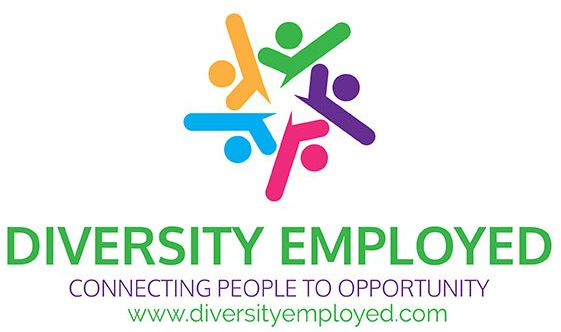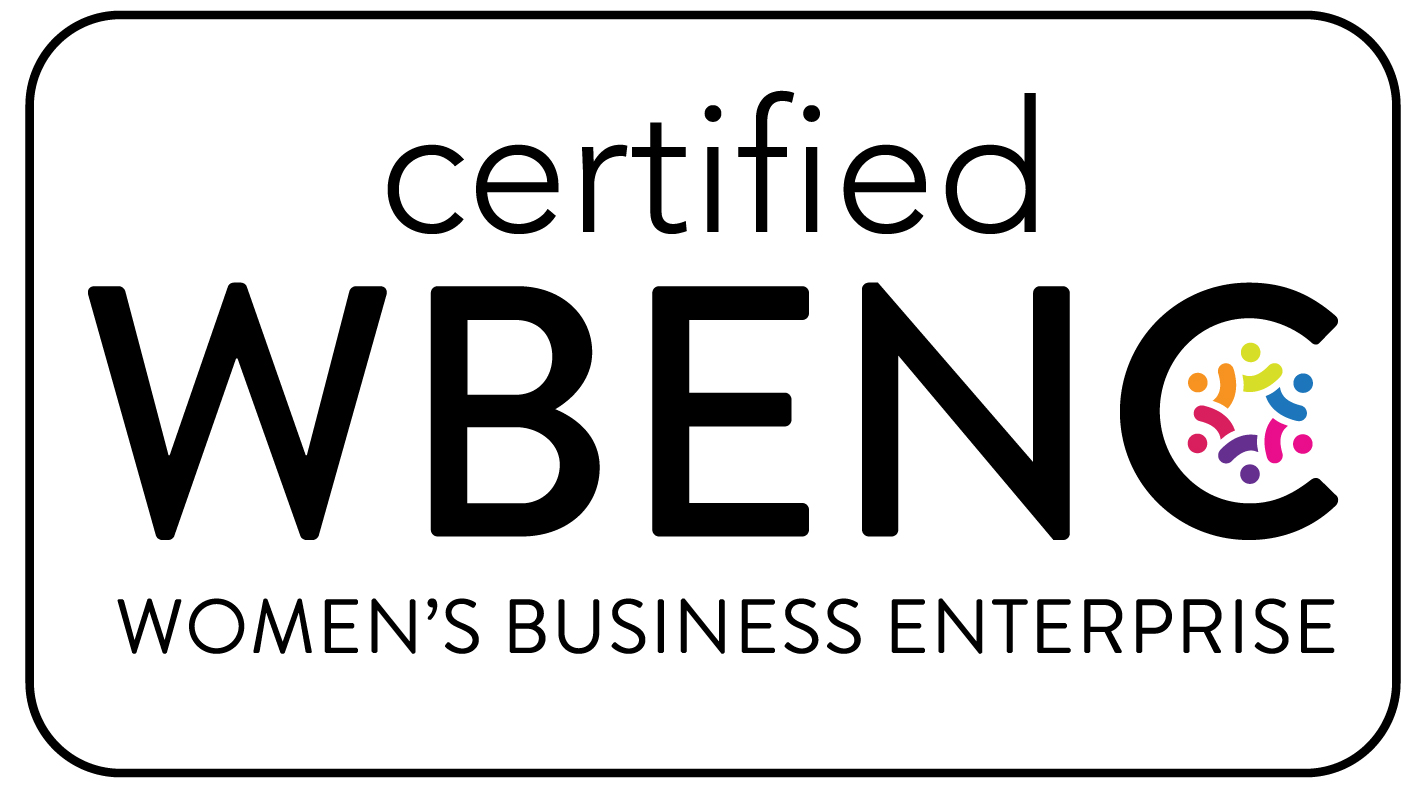The Importance of Listening When Managing Diverse Teams
By Krista Pouncy-Dyson
Founder of DiversityEmployed.com
Published June 20, 2023 at 4:00 p.m.
Listening is a vital skill for leaders managing diverse groups because it allows them to comprehend the needs, issues, and opinions of their team. Here are a few reasons executives who manage diverse workers should use active listening:
- Builds trust. When leaders actively listen to their staff, it shows they appreciate their thoughts and input. This fosters trust and strengthens the leader's relationship with their team.
- Encourages open communication Active listening creates a safe space for employees to express their ideas and concerns. Leaders who listen without judgment or interruption promote open communication and foster a culture of transparency within the space.
- Increases understanding . Leaders that actively listen can get a better understanding of the diverse experiences and issues of the team members. This contributes to a more inclusive workplace and ensures that everyone feels heard and respected.
- Improves decision-making . When leaders actively listen to their team members, they gain different perspectives and ideas. This can lead to more informed decisions and more creative problem-solving.
- Reduces conflicts. Listening is a powerful tool for resolving disagreements and misunderstandings. When leaders listen to both sides of an issue, they can help to find a solution that is acceptable to all parties.
Ultimately, listening is an important talent for leaders managing diverse employees because it fosters trust, open communication, understanding, better decision-making, and conflict resolution. Active listening leaders will build a more inclusive and supportive work environment for all employees.
Krista Pouncy-Dyson is the founder of DiversityEmployed.com and managing principal for Performance First Digital, a marketing agency in New Orleans. You can connect with the author on LinkedIn.

Active listening builds trust, promotes communication and reduces conflict.
Culture vs. Conformity
Help Employees Show Up Authentically
A company culture is problematic when minority employees must communicate inauthentically within teams. Learn more about the difference between promoting company culture and promoting conformity.
Practice Listening Skills
How to Use Active Listening Skills to Coach Others
Truly listen to understand others — including the facts, feelings, and values that may be hidden behind the words actually being shared. At the organizational level, this is how to build a workplace culture of truth and courage.

